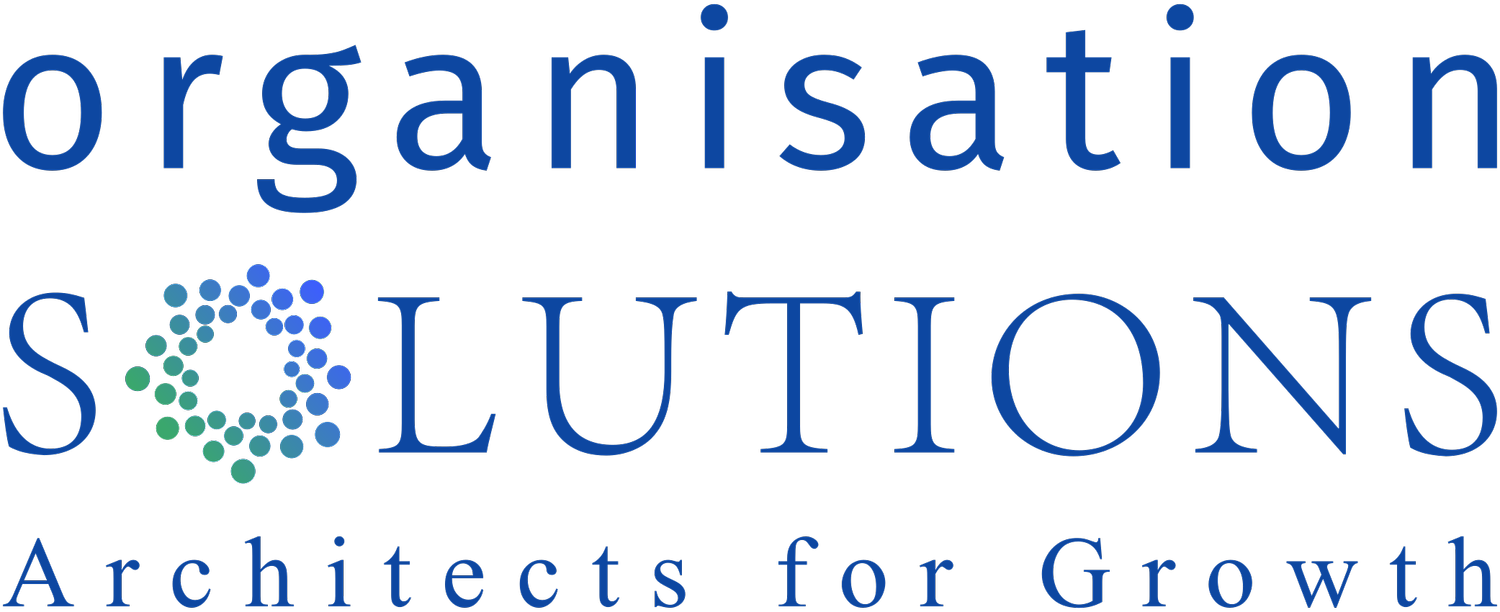3 Ways to Better Motivate Your Team
As a leader, one of your most important jobs is to motivate your team members and employees on a daily basis. Some leaders seem to be natural at this and others struggle to find the right motivational levers. Recently, Produgie analysed thousands of leaders and their motivational efforts and identified three sets of communication routines and practices that help leaders successfully motivate others: Purpose, Support, and Involvement.
Purpose. Leaders who provide their team members with a vision, clear direction, and meaning are more successful in motivating them. If your team members understand why their work is important and how it fits into the big picture, they'll have the clarity they need to perform.
Support. Leaders who help their team members resolve competing work demands and maintain well-being are more successful in motivating them. If your team members feel supported by you, they'll be more likely to reciprocate and support your work in the future.
Involvement. Leaders who include their team members in improving engagement and the work environment are more successful in motivating them. If your team members feel like they have the agency to actively shape the future, they'll be more committed.
Produgie found that using all PSI practices helped leaders better motivate their teams. More senior leaders, like BU and Function heads, used the PSI practices much more frequently than did managers lower in the organisation. However, even individual contributors used a modified version of the PSI practices to motivate their peers and project teams.
You can integrate PSI practices into your one-on-one conversations, team meetings, emails, and town halls. However, remember that each person is different, and what motivates one person may not motivate another. The key is to understand your team members’ challenges so you can tailor your approach to fit their needs. With practice, you’ll be able to maximise the motivational PSI of your team.
If you want to know more about PSI practices and how they are measured, ask us about the recent Growth Leader Assessment 5.0 update. Leaders at all levels in the organisation can gain insight into how their PSI practices stack up against their global counterparts.
We are excited to be working with Produgie’s Growth Leader Assessment 5.0, which measures PSI practices at all levels in the organisation. If you want to know more about how we use this to coach, develop and assess leaders and teams, please contact us at mail@organisationsolutions.com.
Follow Us
Latest Insights





